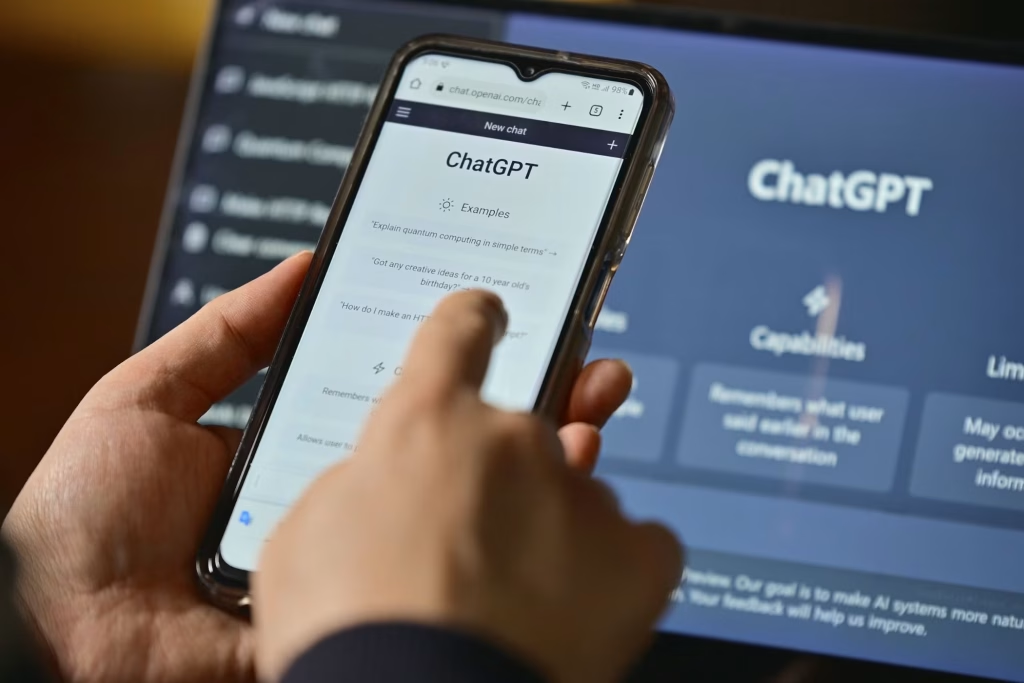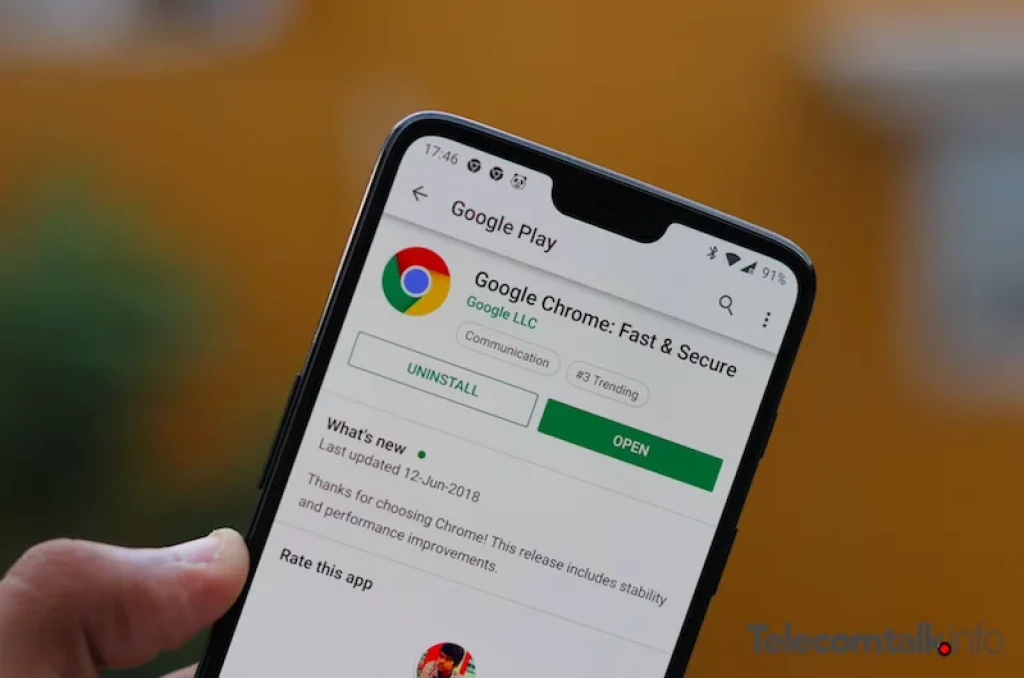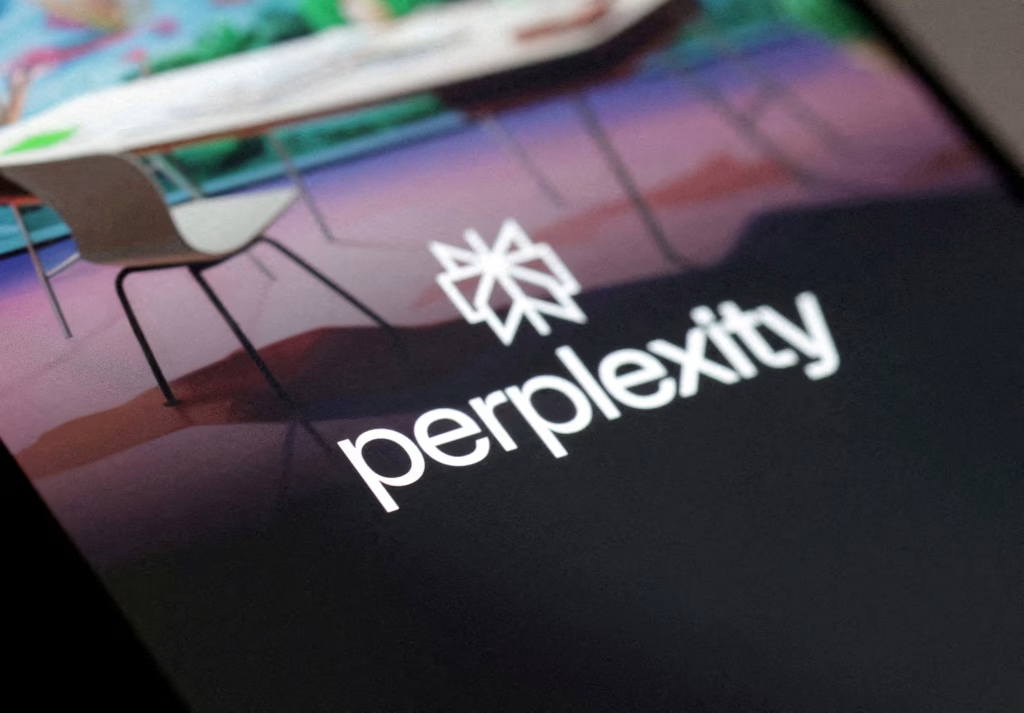Browser Wars: How ChatGPT and Perplexity Threaten Chrome’s Reign

Artificial intelligence is no longer just enhancing our tools—it’s starting to rebuild them from the ground up. Nowhere is that shift more visible than in the web browser, where new AI-native platforms are challenging the very foundation of how we search, navigate, and interact online. With OpenAI and Perplexity preparing full-scale rollouts of their own browsers, traditional players like Google Chrome may be facing their first real disruption in over a decade.
The new generation of browsers doesn’t just add AI features to the existing model—it reimagines what browsing is supposed to do. Instead of clicking through tabs and typing in search boxes, users will talk to their browser, delegate tasks, and rely on intelligent agents to perform multi-step operations behind the scenes. And that could change everything.
OpenAI Steps Into the Browser Arena
OpenAI is on the verge of releasing a standalone browser that moves far beyond the concept of extensions or toolbars. Built on Chromium—the same engine that powers Google Chrome—the browser introduces a new way to interact with the web: through conversation, automation, and AI-driven intent.
At the center of this product is ChatGPT, seamlessly integrated as a core interface element. Users will be able to ask their browser to summarize articles, fill out forms, schedule meetings, book restaurants, or even complete multi-step research tasks. This will be powered by OpenAI’s Operator agent, a tool designed to handle live tasks across real-world websites and services.
What sets this browser apart is its ambition to become a complete task engine. It doesn’t want to help you browse better—it wants to eliminate the need for browsing altogether. By turning intent into action, it may fundamentally shift how users access information and complete online activities.

Perplexity’s Comet: A Cognitive Leap
At the same time, Perplexity—an AI startup rapidly gaining attention—is launching its own browser called Comet. While OpenAI’s move is still in preparation, Comet is already in the hands of early users, positioning itself as the first browser built entirely around the idea of “agentic computing.”
Comet doesn’t just help users navigate the web; it actively assists them in thinking, deciding, and completing tasks. It features:
- A native AI search engine that delivers direct, summarized answers
- A sidebar assistant that can analyze full pages in real time, draft emails, or provide context
- Long-term memory across tabs and browsing sessions
- A clean, ad-free design with stronger privacy and data control
The core philosophy is that users shouldn’t have to remember where they found something, juggle open tabs, or waste time comparing options across ten sites. The browser should know what you’re working on, remember it, and help you finish it faster. In essence, Comet sees the web browser not as a tool for exploration, but as a workspace for productivity—powered by AI.
Why Chrome Should Be Worried
Google Chrome has been the undisputed leader in the browser market for years. With more than 60% market share and deep integration into Google’s ecosystem, Chrome has played a central role in the company’s ad revenue model, user data collection, and search dominance.
But Chrome is also tied to an older paradigm—one where the user initiates every action, navigates page by page, and interacts largely through links and forms. That model now feels increasingly out of step with how people want to use the web.

AI-native browsers are poised to challenge Chrome in several ways:
- Eliminating the need for search engines: If the AI can summarize results or answer questions directly, users may bypass traditional search entirely.
- Retaining user intent and context: Instead of treating every session as a blank slate, new browsers can “remember” ongoing tasks.
- Redirecting ad revenue flows: If users spend less time on third-party sites and more time in AI summaries or task views, ad exposure could drop sharply.
- Creating closed ecosystems: These browsers collect interaction data themselves, potentially locking Google out of critical user insights.
For Google, this is more than a threat to Chrome—it’s a threat to the company’s core business model.
The New Era of Agentic Browsing
This shift marks the beginning of what some are calling the “agentic web”—a new phase where the browser doesn’t just display the internet, but actively mediates it. The user tells the browser what they want, and the browser uses AI agents to figure out how to get it done.
We’re seeing the emergence of a few core principles across AI-native browsers:
- Conversational control – Navigate and command the web through natural language.
- Goal-driven browsing – Focus on tasks, not links or pages.
- Cross-session memory – Retain knowledge and preferences across time and tabs.
- Privacy by design – Reduce dependence on ad-based tracking and promote transparency.
Traditional browsers, even those adding AI enhancements, may struggle to keep up if their architecture is still tied to page-based thinking. To stay relevant, they’ll need to fully embrace AI as the core—not as an accessory.

Conclusion: Chrome’s First Real Threat
After more than a decade of steady dominance, Google Chrome may finally be facing a real competitor—not just in terms of features, but in philosophy. The rise of AI-native browsers signals a deep change in how users expect to interact with the internet. The shift is no longer about speed or design—it’s about intelligence, intent, and automation.
OpenAI and Perplexity are leading this new wave, building browsers that don’t just serve content but act as digital partners. If their models succeed, the very idea of browsing could be transformed—from something passive and user-driven to something intelligent, personalized, and task-oriented.
The browser wars are no longer about tabs and bookmarks. They’re about which platform best understands what you want—and gets it done for you. And for the first time in years, Chrome might not have the upper hand.




